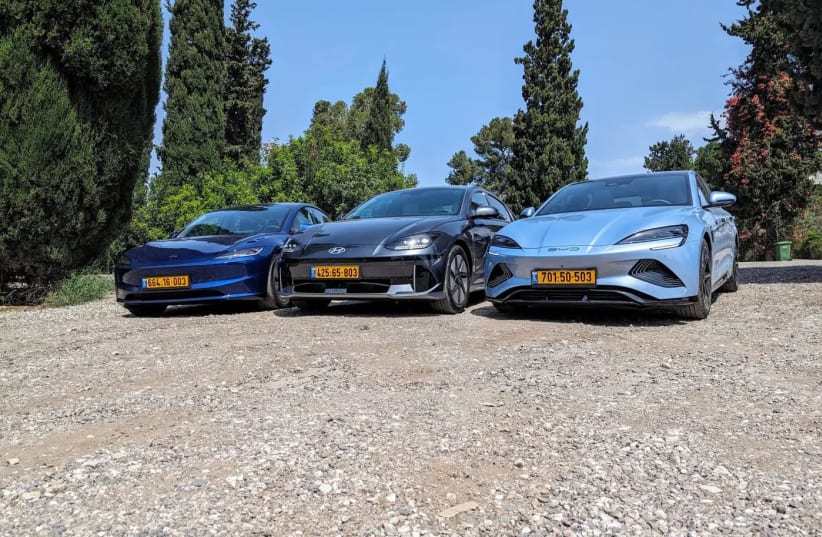Chinese manufacturers are often accused of selling abroad below cost prices to quickly dominate market shares and push competitors. But in the automotive industry, the picture is different: Chinese electric cars cost twice as much in Europe as identical models in China itself.
An assessment by Reuters agency, with the addition of several popular Chinese models in Israel, reveals the price differences. For example, the BYD Atto 3, the Chinese crossover that has become the best-selling car in the country, costs $19,280 in China, compared to $40,670 in Germany.
BYD is not alone in these price differences: The MG4 compact car costs $15,200 in China in the base version (51 kWh battery), compared to $37,000.
The ORA 03 (formerly Funky Cat) costs $18,700 in China in the larger battery version (63 kWh) and climbs to $35,400 in Germany.
But Tesla also shows a significant price gap: According to Reuters, the base Model 3 that costs $32,000 in China is sold in Germany for $44,000.
Background: Electric cars imported to China for less than $40,000 are exempt from the 10% local purchase tax on new cars, whereas in Germany all cars are subject to a 19% tax and also a 10% tax on cars manufactured outside the European Union. Shipping a medium-sized family or crossover car from China to Europe currently costs about $2,000 per car, following the Houthi attacks that forced global shipping companies to sail to Europe via the longer route around the Cape of Good Hope instead of the shorter route through the Suez Canal.
Still, these additional costs do not explain the price gap entirely. According to Reuters, production costs in China are significantly cheaper, thanks to lower wage and electricity costs, and mainly due to the control of Chinese companies like BYD and CATL in the entire battery production process, from raw material procurement to the final battery production. In fact, these two companies manufacture most of the batteries for European electric cars.
This allows Chinese manufacturers to wage price wars in the local market and enjoy larger profits from exporting to foreign markets. Therefore, even the Tesla Model 3, produced in Shanghai, is cheaper in China than in Europe.
They can do this because even at the current prices, they are cheaper than electric cars from European manufacturers, and even from Korean manufacturers like Kia, who produce the electric Kona in Europe to pay less tax.
And in Israel? These four electric cars are even more expensive, after at the beginning of the year the purchase tax on electric vehicles was raised from 20% to 35%, and it is also joined by VAT, which is also charged on the cost of maritime transport. The cost of an Atto 3 in the country is from NIS 168,000f ($44,200), the Ora 03 400 Pro costs NIS 164,000 ($43,000) and the Tesla Model 3 Standard was reduced last week to NIS 211,000 ($55,400). The MG4 with the small battery is no longer sold in the country, but its last price was NIS 145,000 ($38,000). For us, it really costs more.
